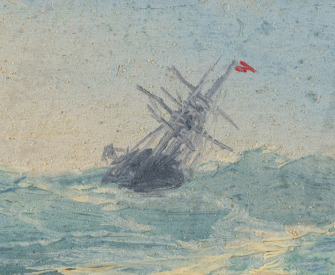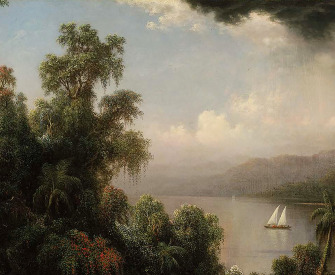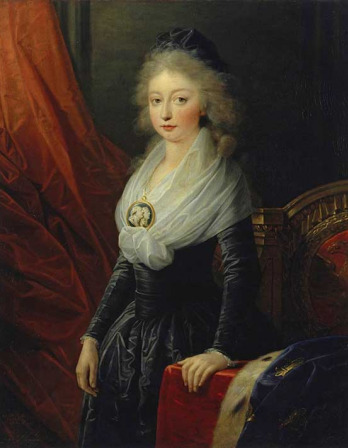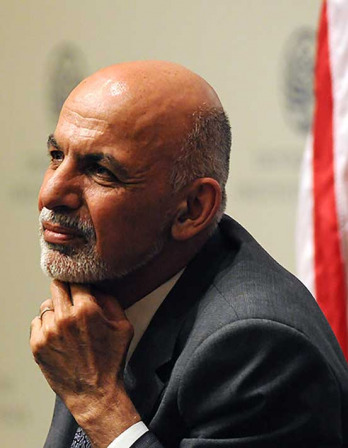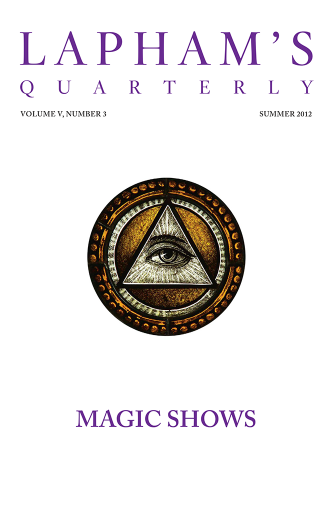You touch me on a very tender part when you say my friends on your side of the water “cannot be reconciled to the idea of my resigning my adopted America, even for my native England.” They are right. Though I am in as elegant style of acquaintance here as any American that ever came over, my heart and myself are three thousand miles apart; and I had rather see my horse Button in his own stable, or eating the grass of Bordentown or Morrisania, than see all the pomp and show of Europe.
A thousand years hence (for I must indulge in a few thoughts), perhaps in less, America may be what England now is! The innocence of her character that won the hearts of all nations in her favor may sound like a romance, and her inimitable virtue as if it had never been. The ruins of that liberty which thousands bled for, or suffered to obtain, may just furnish materials for a village tale or extort a sigh from rustic sensibility, while the fashionable of that day, enveloped in dissipation, shall deride the principle and deny the fact.
When we contemplate the fall of empires and the extinction of nations of the ancient world, we see but little to excite our regret than the moldering ruins of pompous palaces, magnificent monuments, lofty pyramids, and walls and towers of the most costly workmanship. But when the empire of America shall fall, the subject for contemplative sorrow will be infinitely greater than crumbling brass or marble can inspire. It will not then be said, Here stood a temple of vast antiquity; here rose a Babel of invisible height; or there a palace of sumptuous extravagance; but here, ah painful thought! the noblest work of human wisdom, the grandest scene of human glory, the fair cause of freedom rose and fell!
Read this and then ask if I forget America.
From a letter to Kitty Nicholson Few. Paine left London for America in 1774 with letters of introduction from Benjamin Franklin, and over the next two years he worked on his pamphlet Common Sense. Nicholson, whose father had been a captain in the Continental Navy, met Paine when she was a schoolgirl; they exchanged several letters until their estrangement, a result of Paine’s public criticism of religion. Paine sent for Nicholson as he was dying, but he rejected her attempts to recite from the Bible by his deathbed.
Back to Issue

